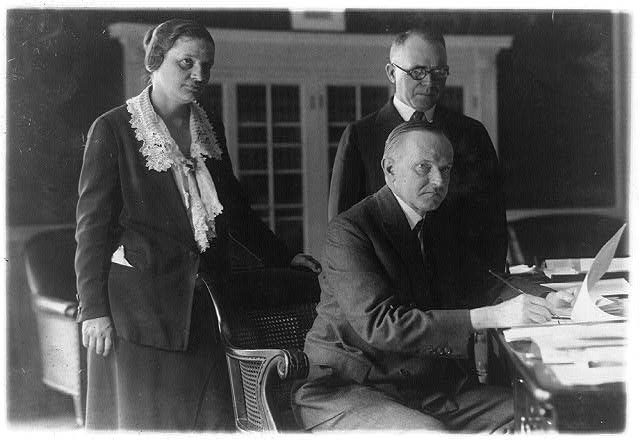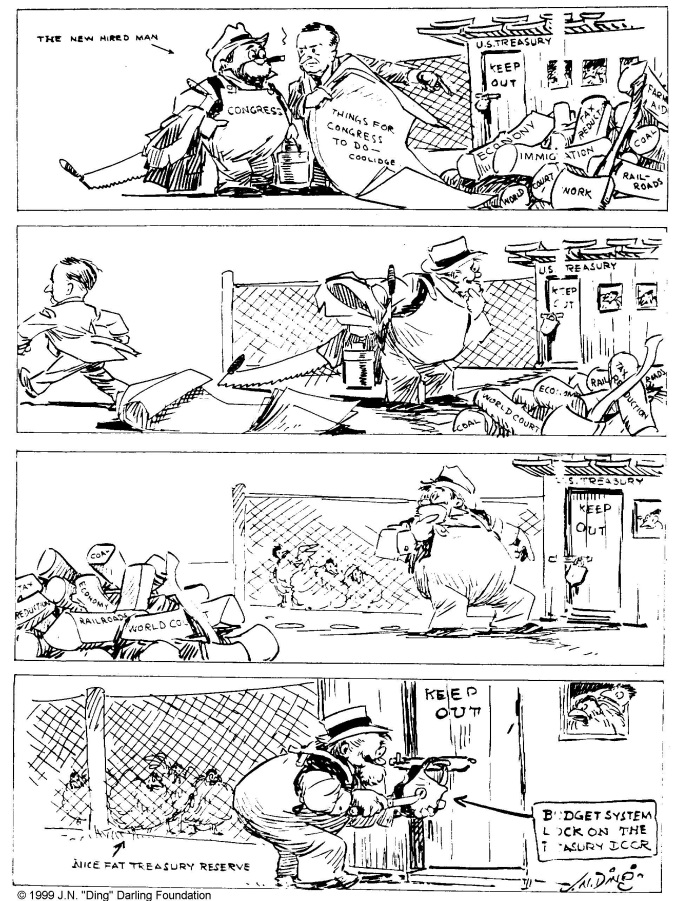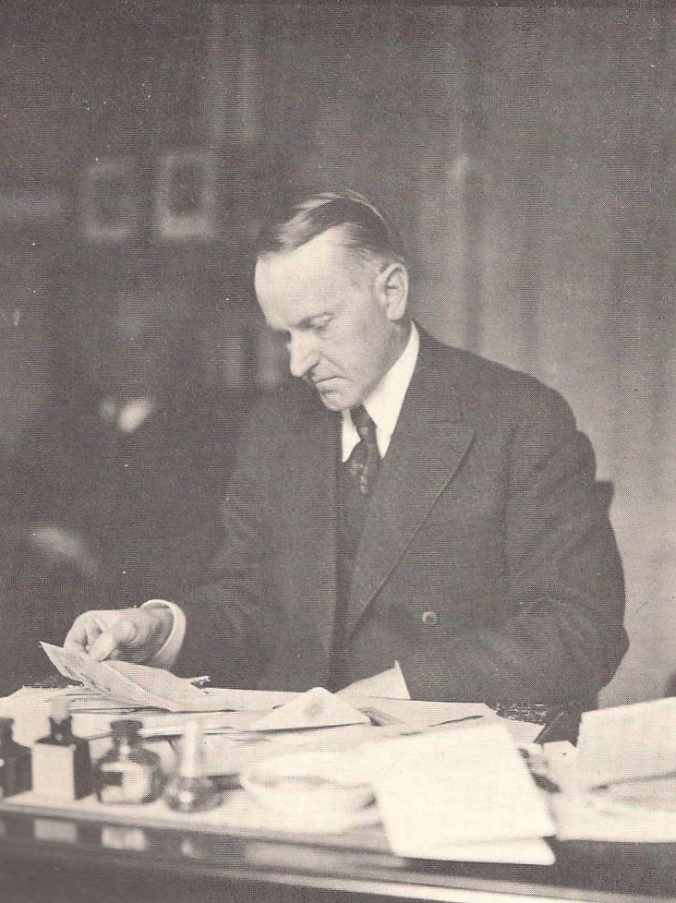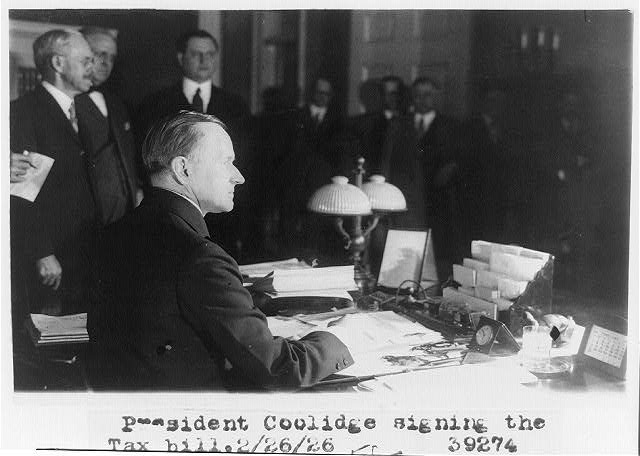
Many of us never did enjoy mathematical word problems when we were younger (Like “If Joe is accelerating in a bus at 25 miles per hour heading west and Bernard is on a bike heading north at 5 miles an hour, who will get to Milwaukee first?” or “If Michael spends $500 million on political ads and the total U. S. population is 327 million, how many times does each American see one of those ads every hour?”), but we still learned somehow to comprehend basic division and multiplication. Some, unfortunately, still retain influence who not only think they know numbers in fresh, impressive ways but like sharing their profoundly wrong answers with the rest of the class. After all, what’s a billion or trillion these days? The only difference between $1.53 per American and the $327 trillion needed to make MSNBC’s math work is only a few more zeroes, right? Mere impersonal abstractions which only come in handy in political repartee. The clumsy attempt recently at MSNBC to score ideological points in the “rich people don’t care about the rest of us” column reminds “the rest of us” that this is why we need a lot more Calvin Coolidge. There was a guy who knew math. He loved numbers. Every election tally dutifully preserved in Coolidge’s Autobiography attests to his admiration for the score, the count, the total. For him budgets were exciting possibilities not for their dry tedium but because they save real people in real ways. He freely admitted, budgets were
A sort of obsession with me. I believe in budgets. I want other people to believe in them. I have had a small one to run my own home; and besides that, I am the head of the organization that makes the greatest of all budgets–that of the United States Government. Do you wonder, then, that at times I dream of balance sheets and sinking funds, and deficits, and tax rates, and all the rest?
“Yes,” Cal went on, “I regard a good budget as among the noblest monuments of virtue.” He was the last President to maintain a deficit-free budget every year of his tenure. One third of the national debt, including an enormous chunk of interest payments, actually went away under Coolidge, an accomplishment no President since has come close to replicating. He didn’t achieve it by enormous slices into one or two places either, but every little bit (even down to what sounds cute to us now: using pencils down to the end, exhausting erasers, recycling paperclips, and reusing file folders) added up to a mighty sum. The hydra of non-discretionary spending was in its infancy and there was no line item veto but Coolidge and his department heads hacked away what would be billions in materials that are today thrown down the waste bin without even batting an eye. He understood that behind the spreadsheets and statistics were living, breathing, working people. They were the ones who paid every time taxes came due and the biggest tax was and remains government spending. Every dollar spent came out of labor performed to produce it and left life all the poorer when it was wasted. He comprehended that it was effortless for Congress to appropriate millions, even billions to one thing after another — including, at times, the same billions to different ends. That kind of shell game approach to expenditures could go on and on but it was a downright betrayal of the trust reposed in public service and those who engaged in it were morally repugnant to him because they mortgaged the future against the present, bargaining on people’s working years and their very lives. More precisely, they gambled away the money both worked for already and yet to be worked for in exchange for votes. It perpetuated a system well-suited to attract and insulate the worst qualities in public office, those who got what they could get from others, including those who sent them there. It taught indifference in the electorate too, incentivizing the endless pursuit of current benefits of one nature or another, whatever the cost levied on children and grandchildren later.

Public service was not a game, Coolidge once said, nor were “governments…founded upon an association for public plunder but on the cooperation of men wherein each is seeking to do his duty.” Nor did he believe journalism was a game for the purpose of demonstrating who could deliver the cleverest ideological retort or political smackdown. Those who presume to report on politics seem to be in that game first and foremost. It is certainly not in the business of journalism. Meanwhile, real neglect in government slips right past them, seeking advantages over rendering selfless service that turn, just as Coolidge condemned, public office into a private profit scheme. Even as one of the most experienced office holders in Presidential history, Coolidge never ceased to be amazed at how complacent people are while permitting themselves
To be plundered by extravagant governmental expenditure under the pretense of taxing the rich to help the poor. The poor are not helped but hurt. Taxes have to be collected by the rich before they are paid. They are collected from all the people. A higher tax means real wages are lower. The cost of living is higher. The chance to work is less. Every home is burdened. Its value is decreased. The quality of the food, clothing and shelter of the children is reduced.
While most people suffer in silence, “those who demand appropriations inspire all the fear.” He knew that the very first second the very first dollar had to leave comfortable abstraction for existence in the real world, it required someone’s work to pay for it.

Some argue that since the economic pie keeps getting bigger decade after decade and Chicken Little’s prophecy of doom has not occurred, we need not be too distressed about the debts and liabilities column. Reagan’s priority of tax cuts over debt and spending reductions seems to have been a satisfactory compromise. But is it? Economic growth is a great thing and the alternative is not malaise, touting the moral virtue of returning to the cave and the campfire. But how much larger would the pie be if we started earnestly addressing debt and devaluation? How much better and, dare we say, larger would the ingredients of the pie be if we were to take it seriously? The debt has only ever always gotten bigger since dropping Coolidge’s mathematical regimen and though we wring our hands over it from time to time, we have become, like the old frog being boiled by degrees, comfortable that it can keep moving in one direction with no dire consequences. Economic resilience will always cancel out the liabilities, outpace the spending, and stay ahead of the risks, we assure ourselves. In other words, we feel Reagan’s Compromise is the winning horse not Coolidge’s Obsession. Cal’s experience taught him that costs can be deferred for a time but they can never be dodged altogether. Nations can postpone it easier than individuals but no one can repeal the law of cause and effect. Like the chicken that attempts to roost higher than it can afford descends (with fewer feathers) to a place in the pecking order it can maintain, we will find the price for borrowing time doesn’t get cheaper. Even nature displays that everything costs something.
The “haste” which Coolidge showed in reducing the debt first then attending to tax cuts brought criticism. He stood by his actions, however, explaining in his daily column on February 18, 1931,
We still have a small body of thought that considers the national debt has been reduced too fast. It is claimed that the surplus should have been applied to a reduction of taxes. By the same reasoning it would be proven that taxes should be kept down and money borrowed to meet running expenses. It was great saving to the taxpayers to reduce the debt when the value of the dollar was low. It takes about twice as much cotton, corn, wheat, copper and other materials now to make the same payments as it did two or three years ago.
If it is argued that liquidation of the debt disturbed financial conditions one answer to that is that for every dollar the national debt was reduced state and local governments increased their debts over a dollar.
Besides these reasons any one who knows the enormous pressure on the Congress by organized minorities knows that if the revenues had not been used to reduce the debt they would have gone into additional expenditures rather than tax reduction. Great interest charges have been eliminated. Sound finance calls for payment of debt and makes the revenues of each year meet the expenditures.
Until the leadership comes along or until the chickens come home to roost that brings our lackadaisical attitude toward America’s math problem into an imperative, we’ll keep rearranging the deck chairs and taking on water. Until we resume asking, as Coolidge incessantly did, “How much will it cost and who will pay for it?” we cannot blame the people we vote for, we can only blame ourselves for electing them. Ultimately, it isn’t MSNBC’s problem or the misallocation of rich people’s money, it’s how comfortable we are living as if cost were no issue since someone else will always be there to foot the bill. That someone else is already poorer just trying to keep up. Consoling this silent sufferer with the Orwellian appeal that we are not actually taking from you — as we diminish your income and sap your purchasing power — but from that wonderfully convenient category “the rich,” will not end your misery, it will multiply it. But then, basic math like that seems to be a lost skill these days. I’ll take Coolidge’s math over MSNBC’s any day.
